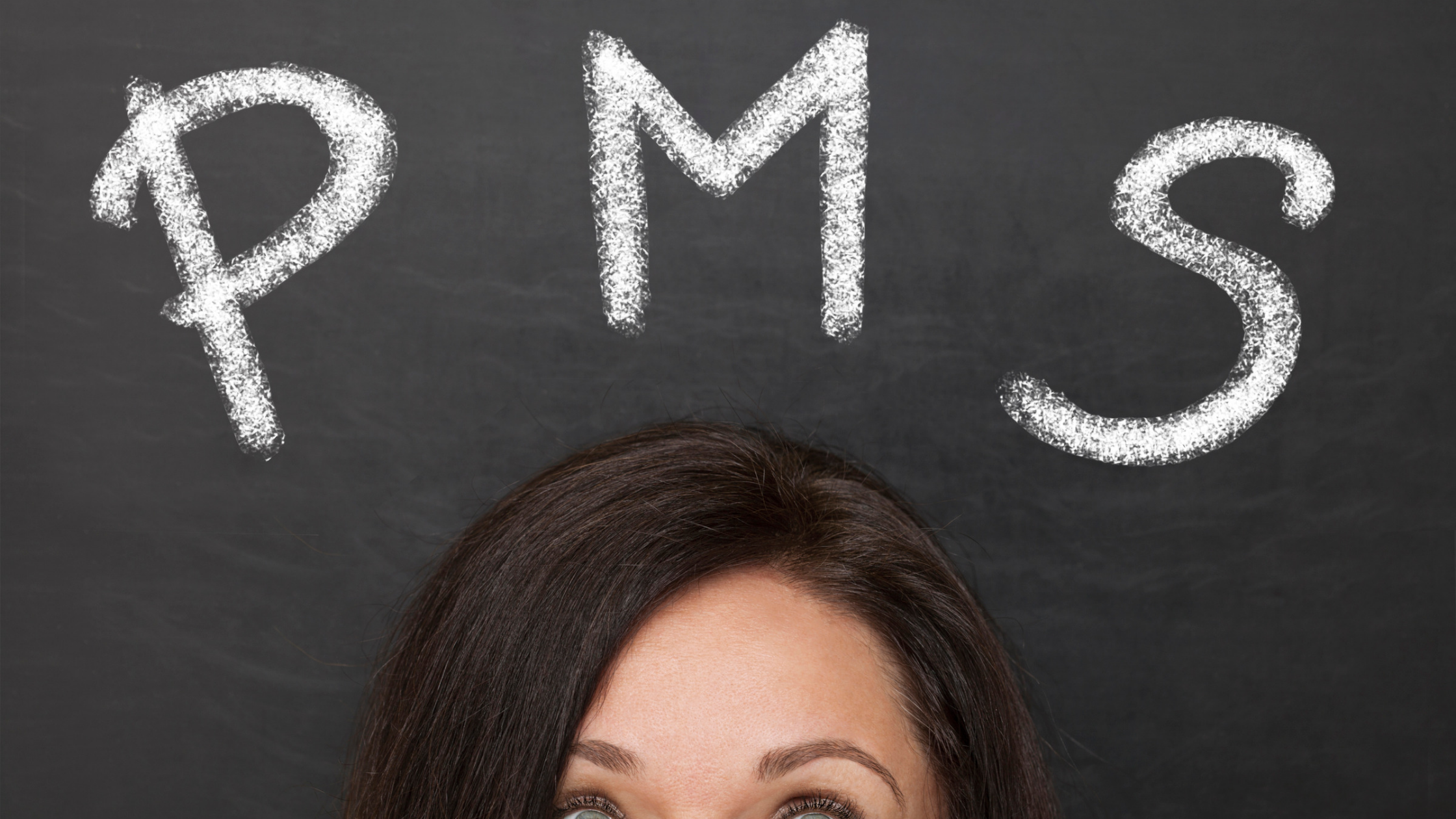PMS, or Premenstrual Syndrome refers to a group of symptoms that occur prior to menstruation. These symptoms typically occur 1 week prior to the onset of menstruation, however they can appear anytime after ovulation. It is estimated that 3 out of 4 women experience PMS symptoms at some point in their life. This staggering statistic has contributed to the belief that PMS is just a normal part of being a female, but this doesn’t have to be the case. Often premenstrual symptoms can be managed through diet and lifestyle changes. Below we have listed some common symptoms of PMS, what some contributing factors may be, and what may be able to help.
Symptoms may be physical or emotional and behavioral.
These symptoms may include (but are not limited to):
Irritability
Acne flare-ups
Abdominal Bloating
Food cravings and/or other changes in appetite
Mood Swings
Anxiety and/or depression
Breast tenderness
Headaches
Muscle and/or join pain
Decreased concentration
Fatigue
Contributing factors may include:
Hormonal imbalances
Stress and/or adrenal dysfunction
Thyroid dysfunction
Poor sleep habits and/or poor sleep quality
A diet high in sugar, fats and/or processed foods
Alcohol consumption
Smoking
What may help:
A balanced diet rich in whole foods
Regular exercise
Increase water intake
Reduce stress
Good quality sleep - try to avoid screens for at least 30 minutes leading up to bed
If you’re experiencing PMS symptoms and you’d like some help managing them, please feel free to contact us to set up your free discovery call, let’s walk together!

